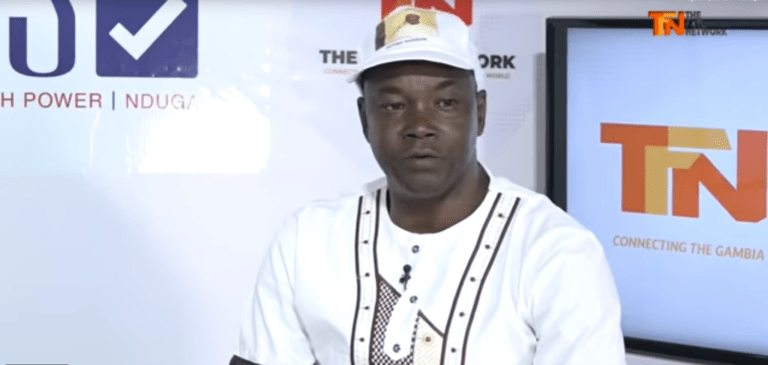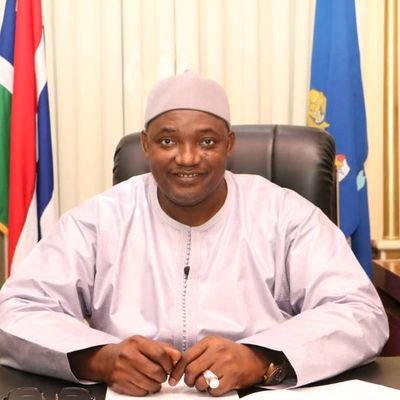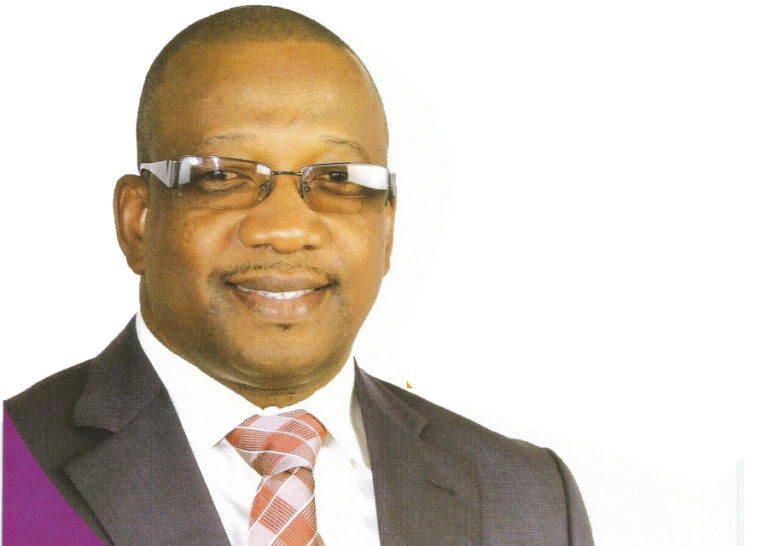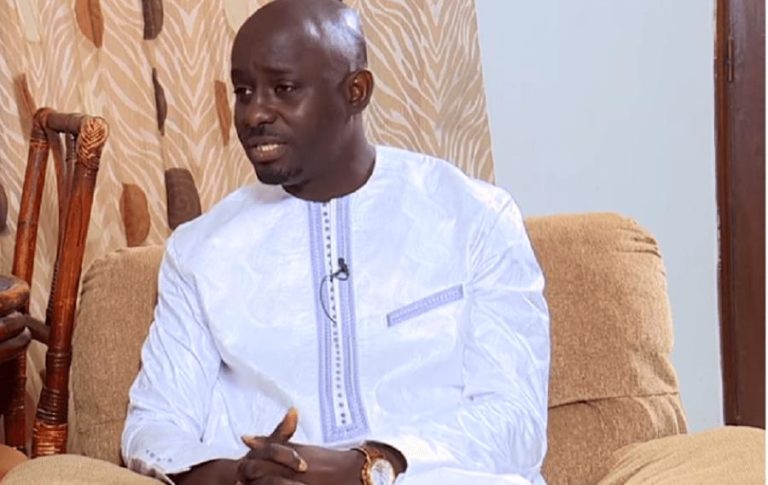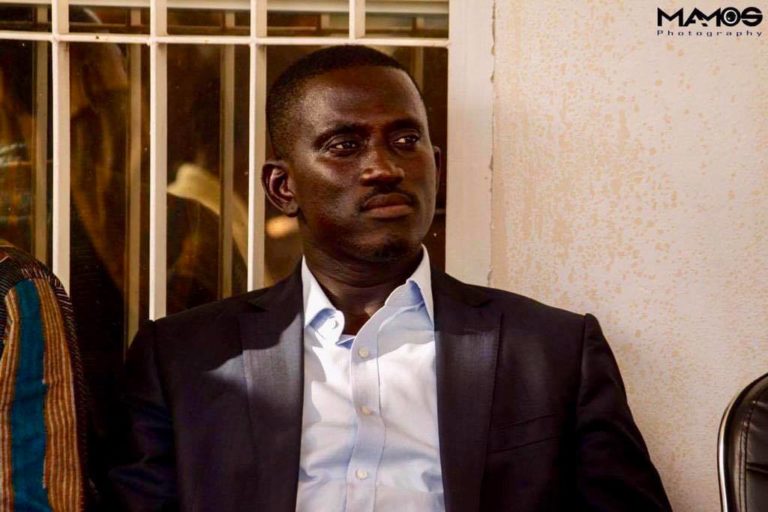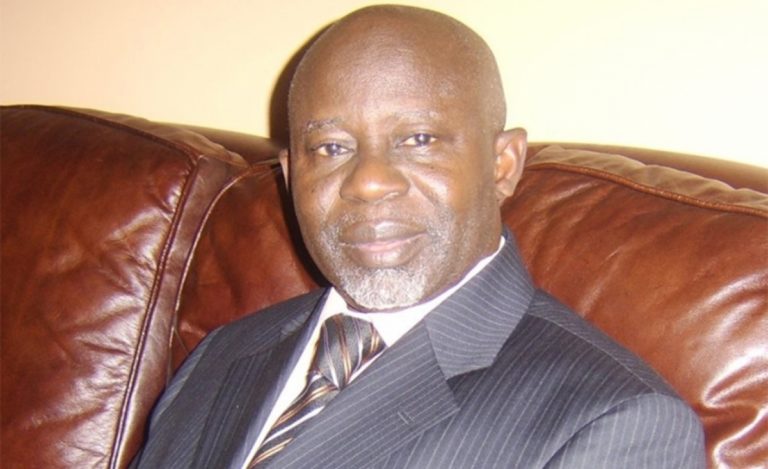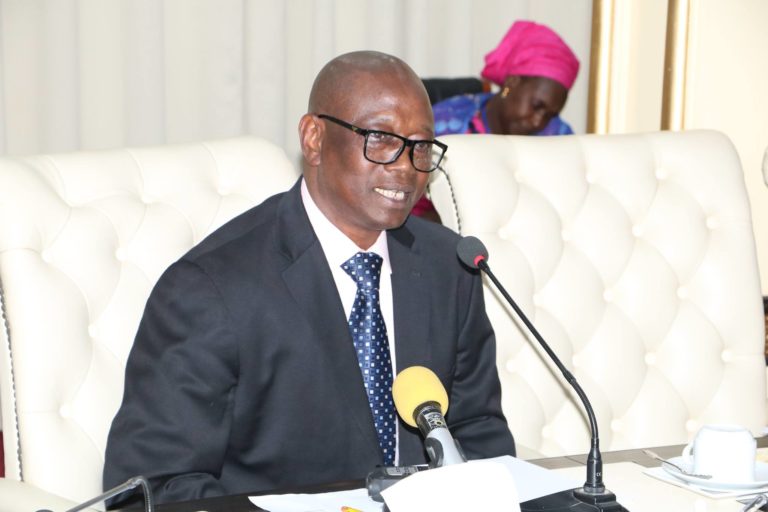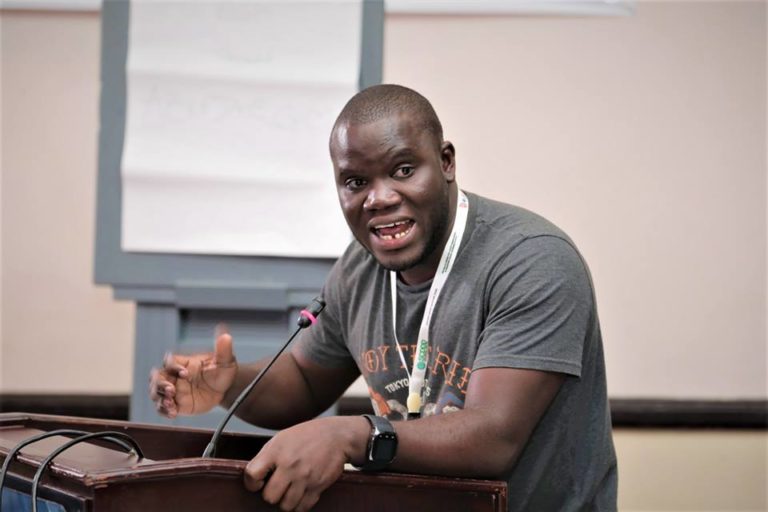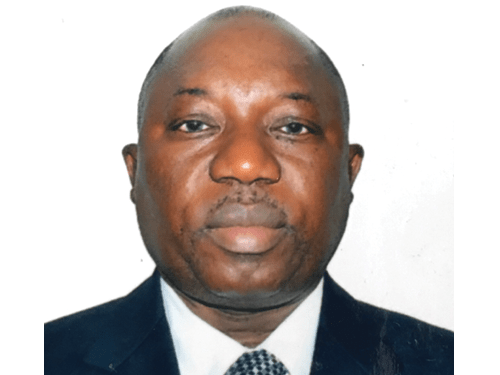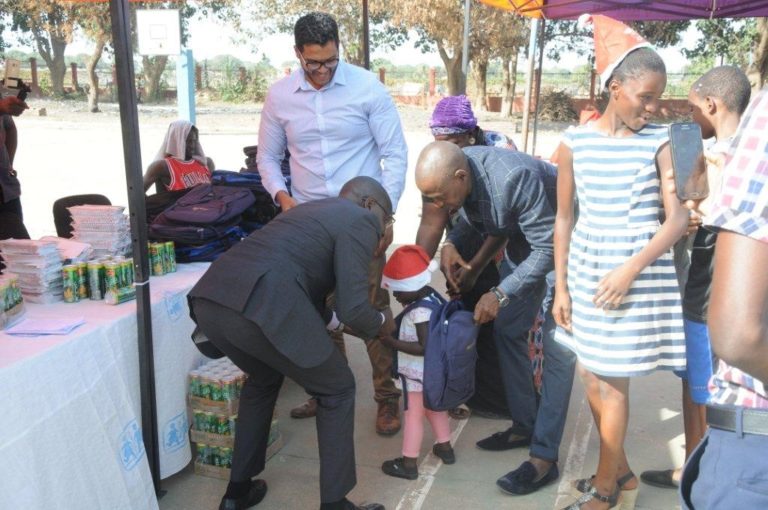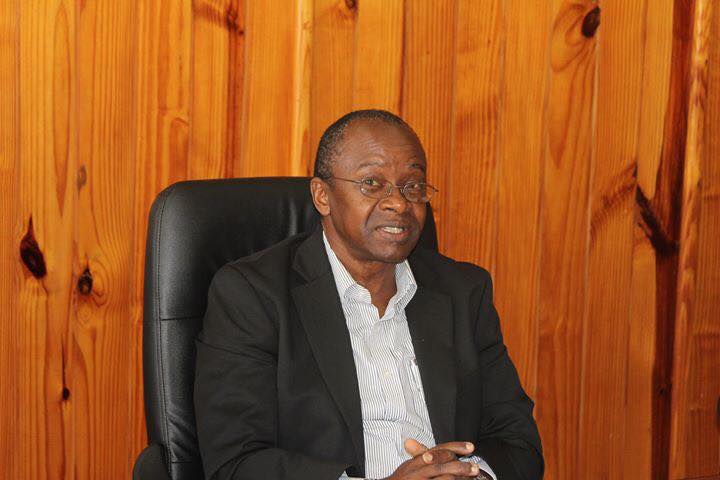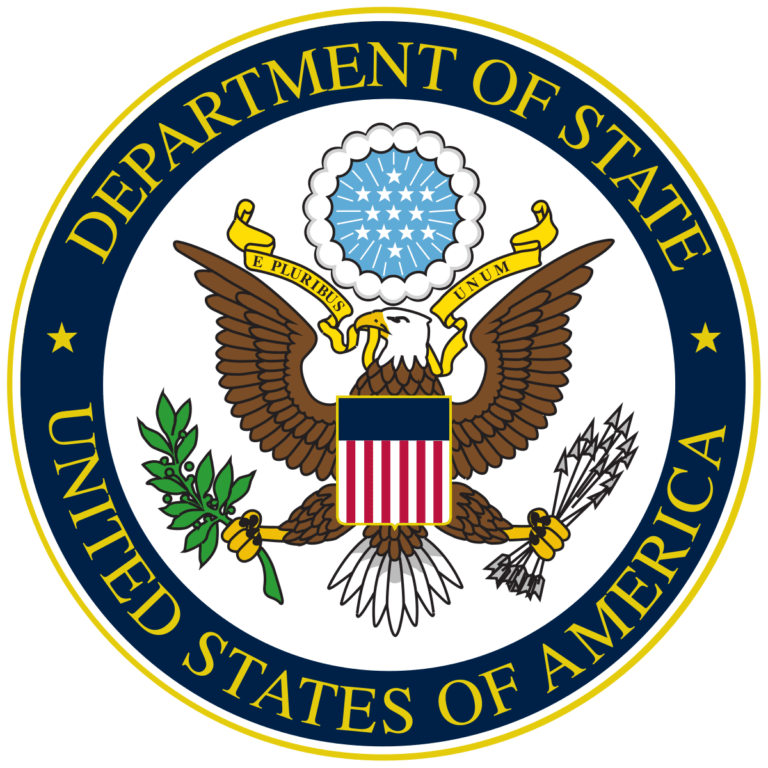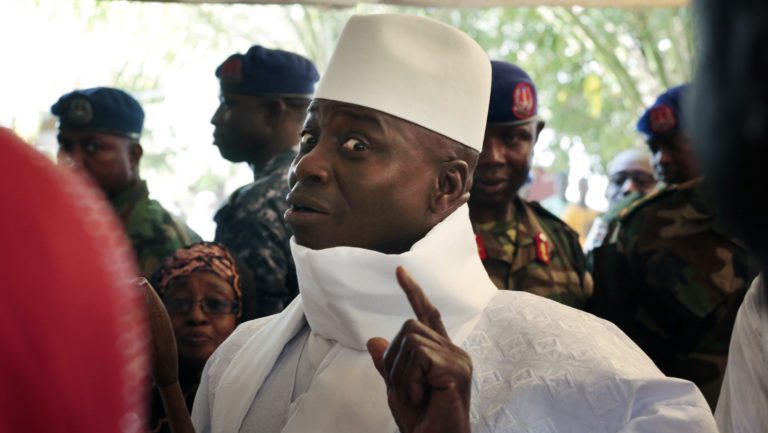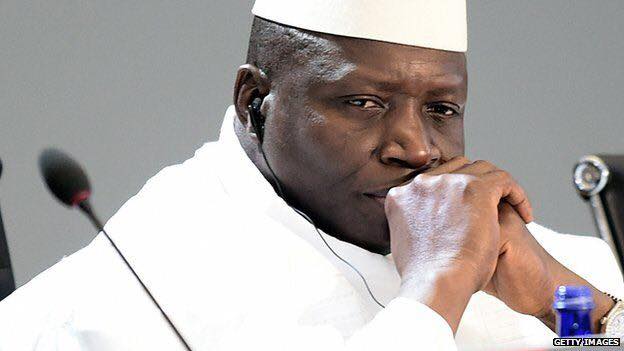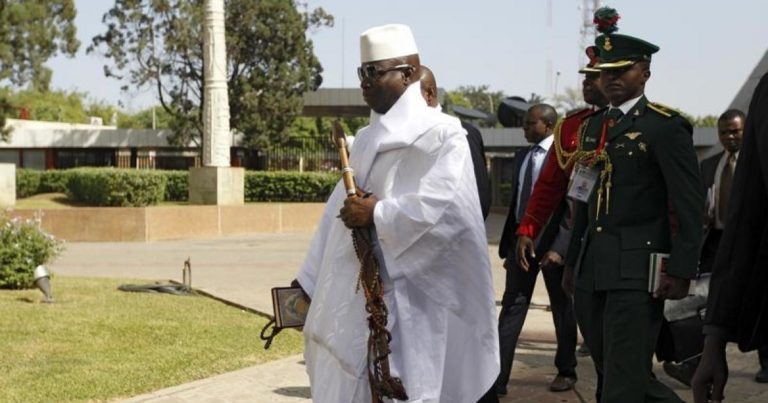Former President Yahya Jammeh has been hit by fresh sanctions by the United States. The US State Department last weekend publicly designated the former dictator over his involvement in corruption under section 7031(c)(A) of the Department of State, Foreign Operations, and Related Programs Appropriations Act 2018. He is the first former president to be banned under this new law. And the US government through its Embassy in Banjul has been responding to questions from The Fatu Network regarding this development. Excerpts;-
TFN: How did the US State Department arrive at the decision to publicly designate former President Yahya Jammeh and what does it mean?
US GOV’T: The Department has credible information that Mr. Jammeh was involved in significant corruption while president of The Gambia.
As a general matter, when an individual is determined to be ineligible for entry into the United States, that individual will not be able to obtain a visa and will not be permitted to enter the United States.
TFN: Aside Yahya Jammeh, can you give us some examples of former presidents who were publicly designated by the US State Department in the past?
US GOV’T: The first Section 7031(c)(1)(A) of the Department of State, Foreign Operations, and Related Programs Appropriations Act public designation was released in2018. Mr. Jammeh is the first former president designated under this visa authority. Public designations from this past year can be found in the report to Congress on Anti-Kleptocracy and Human Rights Visa Restrictions.
TFN: Why is this coming almost two years since ex-president Jammeh left The Gambia for Equatorial Guinea where he now lives in exile?
US GOV’T: The Department obtained credible information regarding Mr. Jammeh’s involvement in significant corruption.
TFN: There has been mixed reaction in The Gambia with regard to this move. While many have celebrated the decision, there are those who have slammed the US over this move. That the US plays double standard when it comes to human rights. What do you say to this?
US GOV’T: Under the circumstances in this particular case, we believe it is important for the Gambian government and the Gambian people to know just how seriously we view public corruption and Mr. Jammeh’s involvement in corrupt acts.
TFN: We know the ex-president has some assets in the US among them a $3.5M Mansion. What will happen to these assets now that he has been blocked from entering?
US GOV’T: The announcement against former president of The Gambia, Yahya Jammeh, and his immediate family, complements our efforts— using all available tools— to promote accountability for human rights abusers and corrupt actors. Jammeh’s 2017 designation under Executive Order 13818 and the Global Magnitsky Human Rights Accountability Act already imposed visa and financial sanctions on him. However, the significance of the designation under section 7031(c) is it gives us another means of denouncing his corruption and applies to his immediate family too. Section 7031(c) renders officials who have been involved in significant corruption and gross violations of human rights ineligible for entry into the United States, as well as their immediate family members. This action is not related to the forthcoming Africa Strategy; rather, this action exemplifies the administration’s commitment to holding accountable human rights abusers and corrupt actors, including those who enable or benefit from these corrosive actions.
TFN: The move also affects his immediate family but we know his children are U.S. citizens. Can such a ban apply to US citizens?
US GOV’T: Designations under 7031(c) would not impact U.S. citizens, since it is a visa restriction. However, due to privacy considerations, we cannot comment on an individual’s citizenship status.
TFN: The Gambia government on Tuesday issued a statement thanking the US government for this latest action against Jammeh. Is the US government aware of this statement if yes, what does it make of it?
US GOV’T: Yes, we are aware of the Statement. We are encouraged that the Government has welcomed the designation. We echo the Minister of Justice’s statement that the United States stands in solidarity with the Government of The Gambia in its transition toward good governance and respect for human rights. We are eager to collaborate with The Gambia on matters of mutual interest.
TFN: The Gambia government has also restated its commitment towards working with the US on various areas. What specific areas of interest does the US share with The Gambia?
US GOV’T: We work with closely with the Government of The Gambia on many issues. In fact, the United States is currently working on projects in TheGambia that touch on all of the items in The Gambia’s National Development Plan. The United States goals in The Gambia are to strengthen democracy, improve education, and encourage development led by Gambians. We support the government of The Gambia in many areas, mostly related to increasing the government’s capacity to address the needs of its citizens. We provide support to the Security Sector Reform (SSR) process through a USG-funded security sector advisor; we provide technical support to the Ministry of Finance on issues related to debt management and budget formulation; we provide training to National Assembly members on various issues related to National Assembly operations and constituency outreach; we provide support to civil society in the areas of elections, women empowerment, youth employment, transitional justice, and media outreach. We also provide grants to local organizations for community-led projects that increase the wellbeing of local communities. We are committed to continuing to support the democratic transition in The Gambia in any way possible through the government, but also as direct support to the Gambian people.

